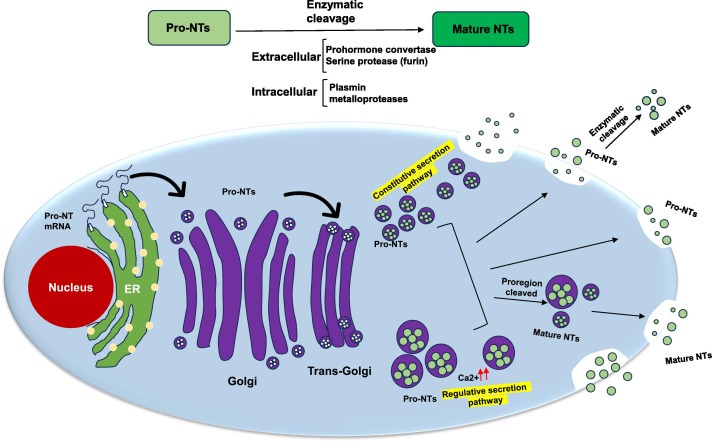In a major breakthrough for neuroscience and drug discovery, researchers from the Indian Association for the Cultivation of Science (IASST), under the Department of Science and Technology (DST), have revealed the therapeutic potential of neurotrophin peptidomimetic drugs in treating neurodegenerative diseases (NDs) such as Alzheimer’s, Parkinson’s, and Huntington’s disease. The research offers new hope for millions affected by these chronic and progressive neurological disorders.
Neurodegenerative diseases are a growing global health challenge, particularly in aging populations. These diseases cause the gradual loss of structure and function of neurons, leading to symptoms such as memory loss, motor dysfunction, cognitive decline, and, eventually, severe disability. Despite years of research, current treatment options remain limited, focusing largely on managing symptoms rather than reversing or halting the disease process.
At the core of this new scientific development are neurotrophins — natural proteins in the human body that are vital for the survival, development, and function of neurons. While these proteins have long been studied for their therapeutic potential, their application has been limited due to instability, poor delivery across the blood-brain barrier, and rapid degradation in the body.
ALSO READ:-How the Brain Builds Habits—And What Science Says About Breaking Them
To overcome these limitations, the IASST team, led by Prof. Ashis K. Mukherjee, turned their focus to peptidomimetics — synthetic compounds that mimic the structure and function of natural peptides and proteins. These molecules offer several advantages, including enhanced stability, improved bioavailability, and greater selectivity in targeting specific neural receptors.

In their recent study published in Drug Discovery Today, the researchers analyzed how neurotrophin peptidomimetics could activate crucial signaling pathways involved in neuronal growth, differentiation, and survival. They found that these synthetic analogues can effectively replicate the beneficial effects of natural neurotrophins, but with significantly longer-lasting therapeutic impact and lower risk of immunogenicity.
An illustration released with the study highlights that neurotrophin peptidomimetics provide enhanced brain permeability, stability in biological environments, and greater pharmacological control, making them superior candidates for treating neurodegenerative disorders compared to their natural counterparts.
Beyond new drug development, the research also points to the possibility of repurposing existing peptidomimetic drugs, originally developed for other conditions like cancer, for use in neurodegenerative therapies. This approach could significantly speed up the delivery of effective treatments to patients and reduce development costs.
ALSO READ:-A Visionary Win: India Declared Trachoma-Free by WHO
Speaking on the significance of the discovery, Prof. Mukherjee stated, “Our goal is to bridge the gap between promising biology and viable therapy. Peptidomimetics offer a unique platform to address multiple challenges that have stalled drug development for neurodegeneration.”
The project is aligned with India’s vision for a Viksit Bharat under the Azadi Ka Amrit Mahotsav initiative, which seeks to promote cutting-edge scientific research that benefits society. By leveraging advanced molecular technologies, the IASST team is not only addressing a critical healthcare need but also positioning India as a global contributor to neurotherapeutics.
As research in this field continues, peptidomimetics could become a cornerstone of next-generation therapies for neurodegenerative diseases, potentially improving the quality of life for millions of people worldwide.


